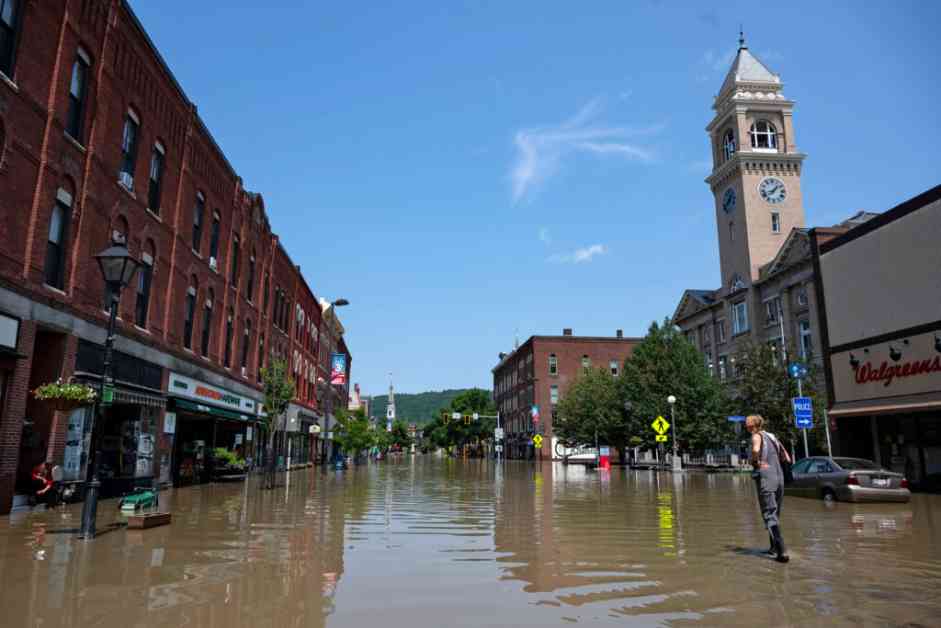Legal Challenge Against Vermont’s Climate Superfund
In a bold move against Vermont’s groundbreaking Climate Superfund Act, the American Petroleum Institute (API) and the U.S. Chamber of Commerce have taken legal action by filing a lawsuit in U.S. District Court for Vermont. This lawsuit, filed on Dec. 30, marks a pivotal moment in the ongoing battle between fossil fuel interests and environmental advocates in the state.
Landmark Legislation
Vermont made history by becoming the first state to implement a federal superfund model through the Climate Superfund Act. This legislation mandates that polluters bear the financial burden of climate damages and allocates the proceeds to mitigating the costs incurred by climate-related harms. Following the enactment of New York’s similar law, Massachusetts, Maryland, and even Maine are exploring comparable measures to address climate accountability.
Legal Implications
Legal experts, including Pat Parenteau from Vermont Law School, believe that the lawsuit filed by API and the Chamber of Commerce may be premature, as Vermont has yet to quantify the financial ramifications of climate change within the state. The Vermont Agency of Natural Resources is tasked with identifying responsible fossil fuel companies and determining their share of loss and damage costs using climate attribution science models.
Preemption Predicament
A key point of contention in the lawsuit revolves around the concept of preemption. API and the Chamber of Commerce argue that federal law, specifically the Clean Air Act, already addresses the regulation of emissions, rendering the Vermont legislation unconstitutional. While legal precedent from City of New York v. Chevron is cited, the applicability of such rulings to climate remediation costs remains uncertain.
Protracted Legal Battle
The legal skirmish between Vermont and fossil fuel interests is expected to be protracted and arduous, with potential implications for other states considering similar climate accountability laws. The complexity of the case, from issues of jurisdiction to standing, suggests a long and costly legal journey ahead. Despite the challenges, proponents of the Climate Superfund Act remain steadfast in their pursuit of holding polluters accountable for past climate damages.
Humanizing Touch
As we navigate the intricate legal landscape surrounding Vermont’s Climate Superfund Act, it’s essential to recognize the dedication and perseverance of those advocating for environmental justice. Behind the legal jargon and courtroom battles are individuals committed to safeguarding our planet for future generations. The journey towards climate accountability may be fraught with obstacles, but the collective effort to address climate change transcends legal wrangling—it embodies a shared responsibility to protect our environment and communities.














